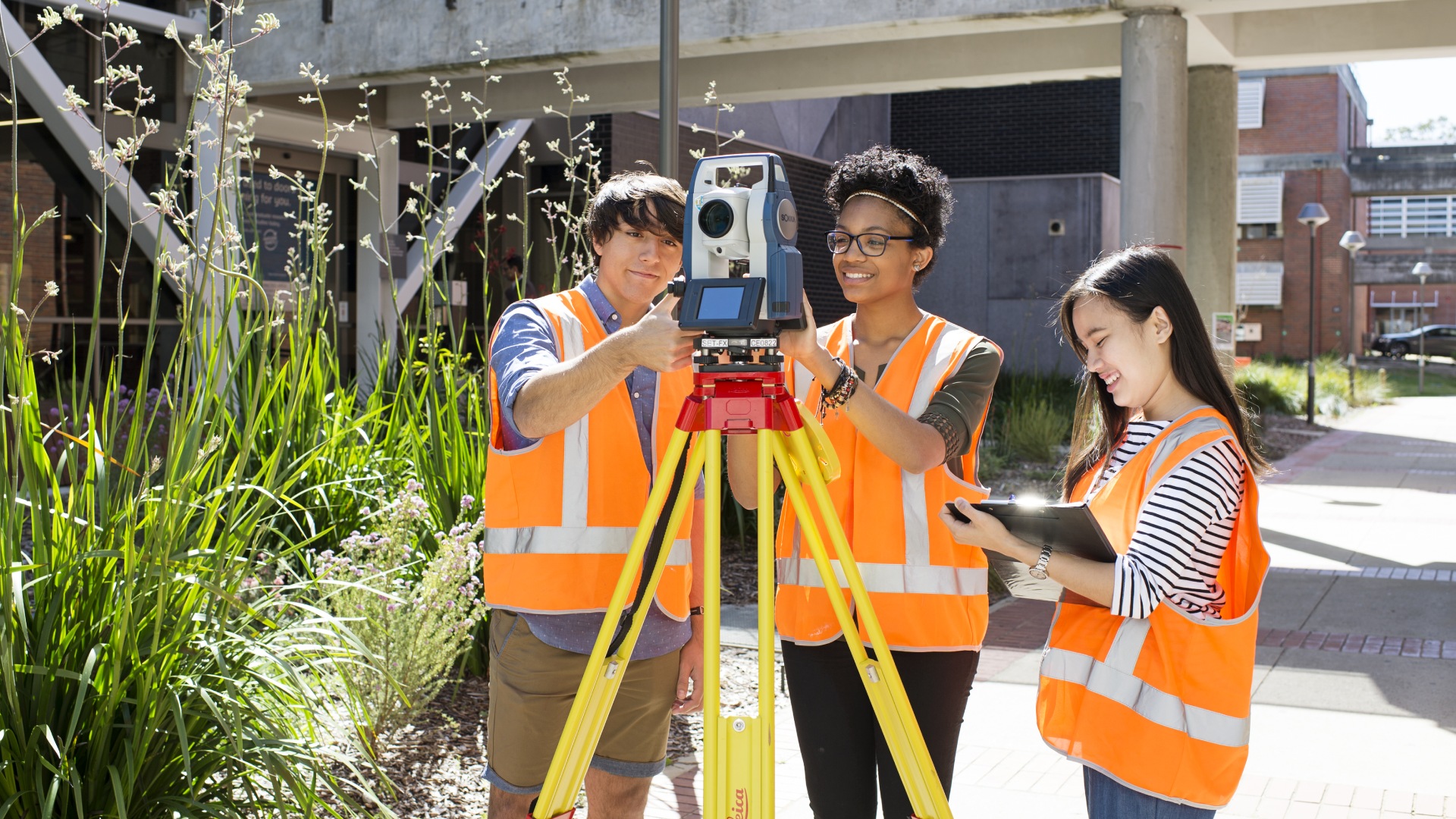As a Civil Engineer, you’ll apply scientific and technological principles to design and build essential infrastructure that supports community welfare. Your future career will involve projects like railways, harbours, roads, bridges, water supply systems, wastewater treatment plants, dams, tunnels, power facilities, offshore structures, and commercial or industrial buildings.
You’ll need a strong foundation in mathematics, physics, and material science to understand materials such as steel, concrete, and natural aggregates. Evaluating how structures perform under different loads will also be a key part of your role.
Collaboration will be essential—you’ll often work with planners, architects, and environmental scientists while staying mindful of the social and financial impacts of your projects. Effective resource management, including equipment, materials, and budgets, will also be critical to your success.
In your first year, you’ll study alongside other engineering disciplines, focusing on core subjects like physics, chemistry, and mathematics to develop the essential knowledge needed for your future specialisation.
| Location | Perth, Malaysia, or Sri Lanka |
| Study method | Full-time |
| Study mode | On-campus |
| Intake | February or July |
| Duration | 4 years |
Why Civil and Construction Engineering?
- The qualification offers a high level of job mobility.
- The course has extensive support and collaboration from industry players.
- This professional and practically orientated course is highly prized by graduates. and respected by professional engineers.
- The course is a comprehensive combination of civil engineering and construction engineering.
View course information disclaimer
This page was last updated on 16 December 2025

